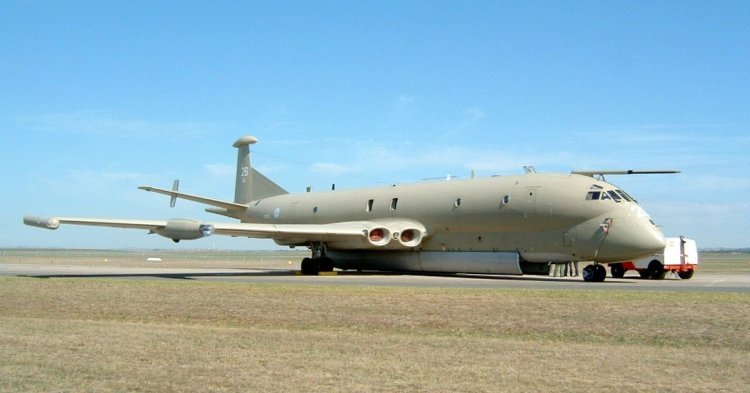BAE is an English company based in Farnborough, active on a world-wide scale, particularly in North America through its subsidiary BAE Systems Inc. EADS (which stands for European Aeronautic Defence and Space Company, a consortium which also controls Airbus) is based in Leida, in the Netherlands; it was created by the merger of 10th July 2000 between Germany’s Daimler Chrysler Aerospace AG (DASA), France’s Aérospatiale-Matra and Spain’s Construcciones Aeronáuticas SA (CASA). Both companies develop and market civilian and military aircraft, communication systems, missiles, spacecraft, artificial satellites and network systems. The former’s core business is in the military aeronautics industry, whereas the latter operates in the civilian aeronautics market. The merger would thus have been between two great enterprises operating in two substantially different sectors. Theoretically, this would have meant the creation of a colossus operating in the full range of the aeronautics industry, although mergers of this kind, between companies which have substantially different markets, are also among the most difficult to operate effectively. In the past, however, BAE and EADS (together with Finmeccanica to a lesser degree) have set up common projects with great success, such as the consortium MBDA, up to today the biggest producer of antimissile systems in the world. This precedent led to the hope for a successful BAE-EADS venture.
The venture had raised some limited concerns among the main competitors of BAE and EADS, i.e. Lockheed Martin and Boeing, so that several exponents of American defence had declared that in case of a merger, BAE Systems would have had to sell many of its assets in the United States . Various doubts had also emerged on this side of the Atlantic. In London and Paris as well as in Berlin many people were against the venture. In all cases the main concern was the marginalization of the respective governmental/national interests within the new company.
Besides the economic aspect of the venture, we should also consider its political significance. For many commentators, the merger could have been the first step in bringing England closer to the Franco-German axis. This would not necessarily have meant that the United Kingdom would automatically become one of the prime movers in European defence, but it would at least have been able to contribute in smoothing out or softening the differences of opinion between the “core Europe” countries, with Germany and France at the helm, that are guiding the process of European unification, and those on the periphery. The fact that the merger has not come about is not accidental and shows how this reconciliation is actually extremely difficult, if not impossible at this stage. Unfortunately this does not mean that the core Europe countries have an alternative plan, apart from a few vague proposals and declarations of intent; neither is there the will to achieve in a short time the creation of a European defence force which could give Europe an autonomous and influential role on the international scene.
Italy and the future of European defence
The other question, postponed because of the collapse of the negotiations but remaining on the agenda, regards the future of Finmeccanica and, therefore, of Italian defence. For decades Italy has refused to be involved in the EADS venture. As well as a misguided concept of independence, this choice has been based on scepticism towards the venture and on the subsequent choice to aim for collaboration with the big American colossi, which would hopefully have facilitated access to the biggest military market in the world, namely that of the USA. However, the merger between EADS and BAE would have meant Finmeccanica’s automatic isolation on the European scene and in all probability would have prompted the Italian government to request an entry that, albeit late and marginal, would have guaranteed it some sort of a say within the potential colossus, following in part the MBDA model. Hence the failed merger gives us no cause to celebrate; on the contrary, it should be an opportunity for reflection on the future of our main company operating in the sector. The question that we should therefore be asking ourselves as Italians and Europeans is what role we wish to play in the future defence of Europe: do we want to align ourselves with the position of the English and hence continue to follow the logic of an anachronistic alignment on the American interests? Do we want to consign Finmeccanica and the Italian defence industry to a residual rank, that of a mere supplier to European or American giants or to potential Euro-American ones? Or would we rather be protagonists of this process, thus honouring our historical and political tradition as founder members of the EEC, as a country of the core Europe?
The question is still open: many European citizens criticise their respective national governments for not being decisive enough in their defence cuts or at any rate not as much so as in the field of social expenses. Defence, however, still remains one of the fundamental tasks of the State and is one of the instruments through which sovereignty is expressed. It is in the order of things that governments prefer to cut other expenses rather than defence, however questionable or even odious this might appear. It is not just a question of cutting defence expenditure, but also of reviewing how it is composed and to what end European defence is organized.

Follow the comments: |
|
